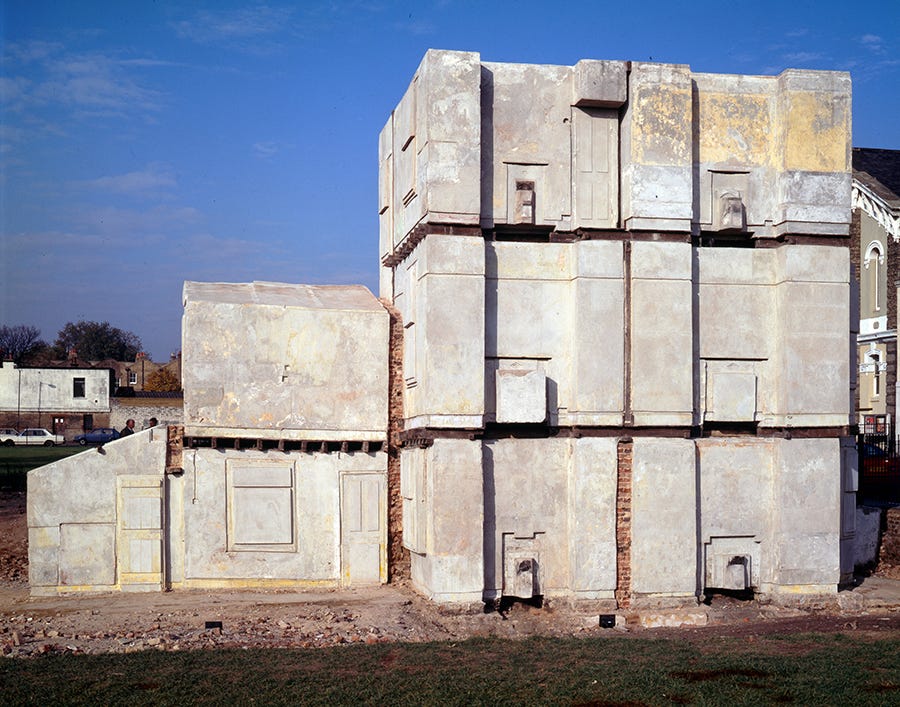Where do you write? Where do you want to write?
Of all the things I can get whipped into a pointless froth of envy about — exotic travels, flashy book deal announcements, floral wallpaper— nothing needles me more than writing sheds.
Yes, writing sheds. The ultimate Room of One’s Own. Do you know anyone who has a writing shed? Do you have a writing shed? Can I borrow it?
I think what gets me so horny for writing sheds is twofold:
A writing shed seems like something a Real Writer would have. Like, yes I’ve published books but they’ve been mostly written in the nooks and crannies of life, in sometimes ridiculous locations. I’ve often repeated the story of how I edited some of my second novel while waiting in line to register my daughter for toddler ballet — it’s just so absurd. I fantasize about a life centered around my writing rather …
Keep reading with a 7-day free trial
Subscribe to How To Get Unstuck to keep reading this post and get 7 days of free access to the full post archives.




